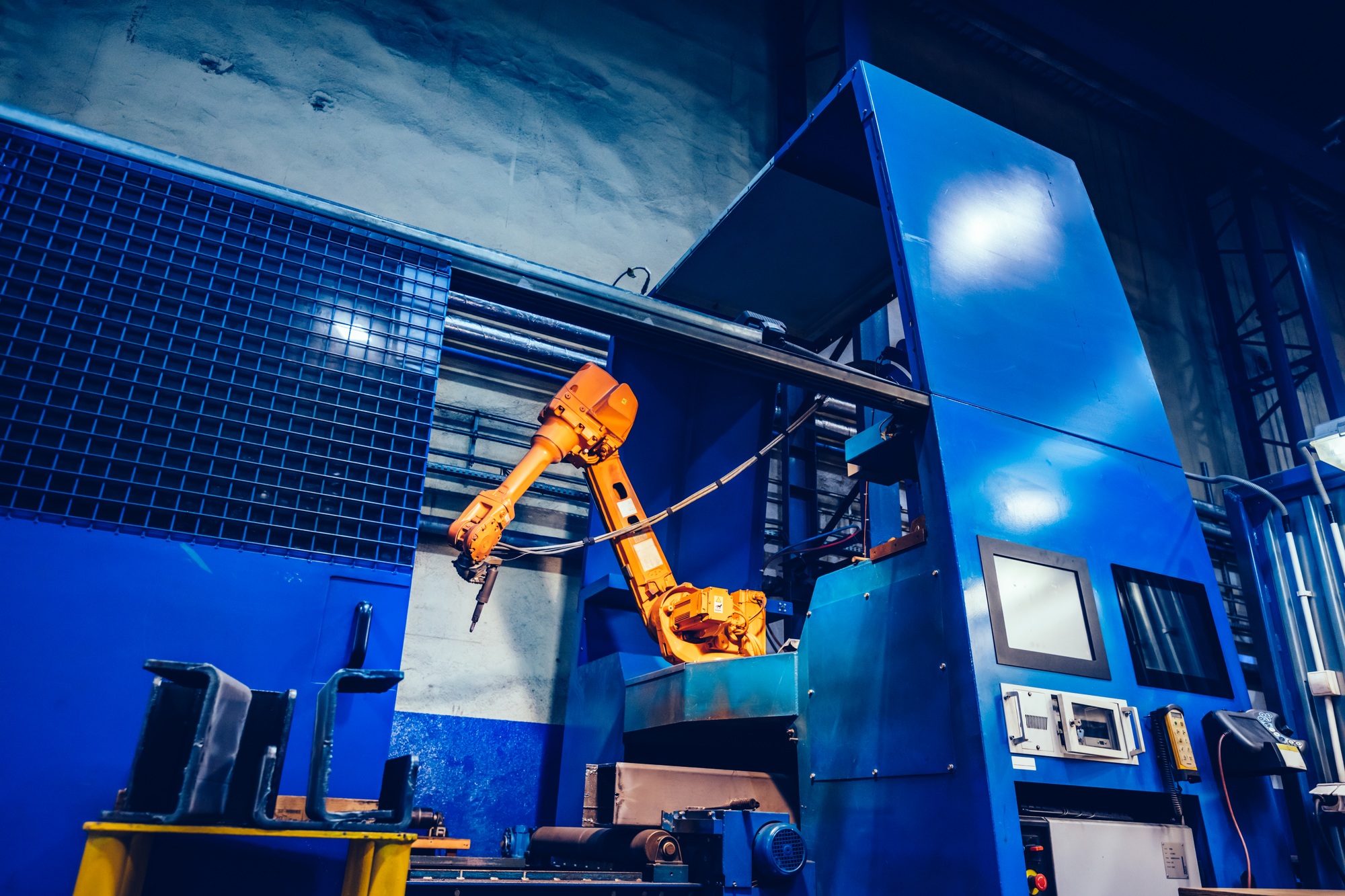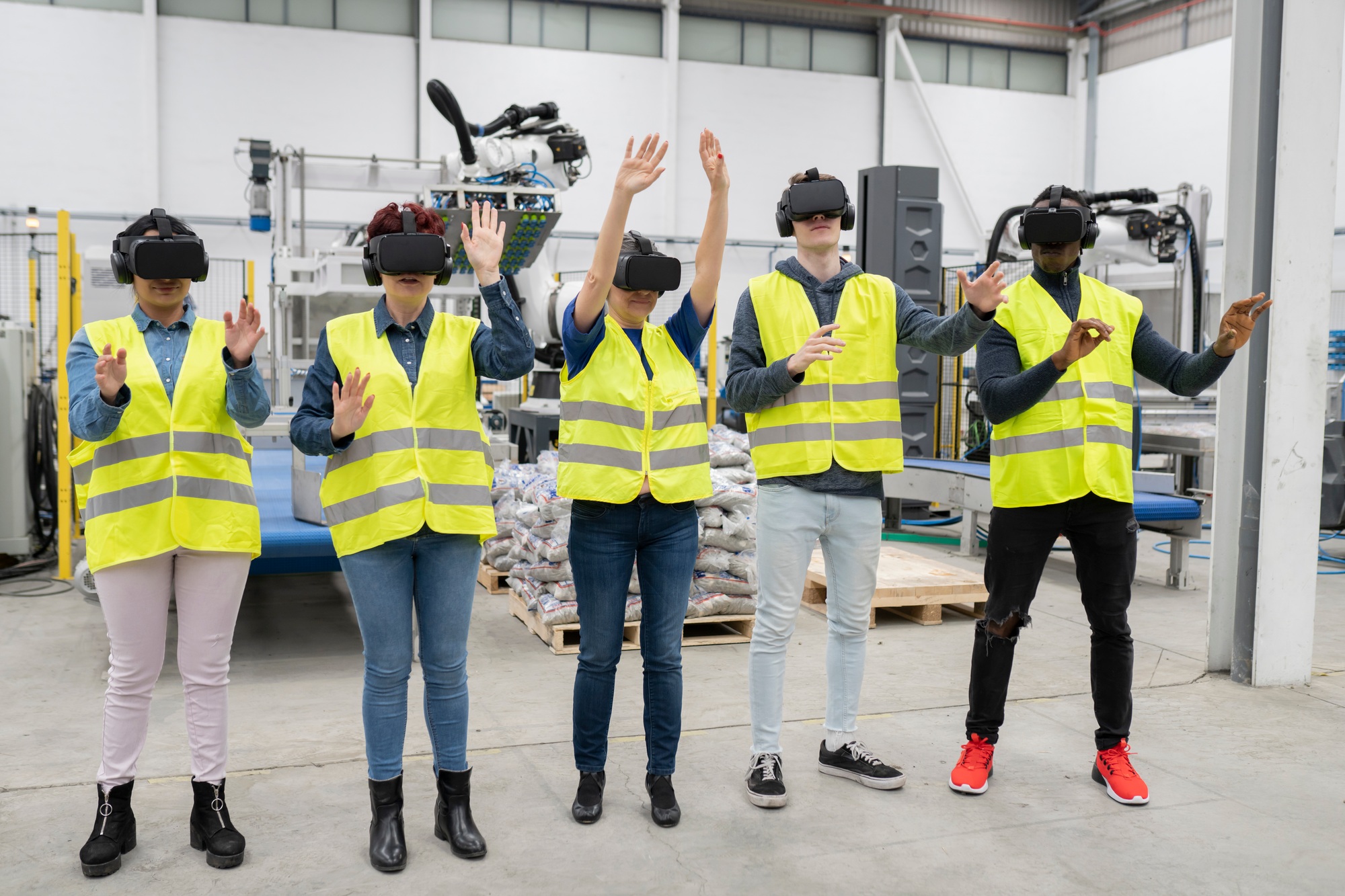Key Takeaways

- Definition of Machine Learning: Machine learning (ML) is a subset of artificial intelligence that enables systems to learn patterns from data and make decisions autonomously, impacting everyday applications like voice assistants and content recommendations.
- Types of Machine Learning: There are three primary types: Supervised Learning trains models using labeled data, useful for predicting customer behaviors. Unsupervised Learning analyzes unlabeled data to uncover patterns, aiding in market segmentation. Reinforcement Learning focuses on decision-making through trial and error, optimizing processes in small businesses.
- Supervised Learning trains models using labeled data, useful for predicting customer behaviors.
- Unsupervised Learning analyzes unlabeled data to uncover patterns, aiding in market segmentation.
- Reinforcement Learning focuses on decision-making through trial and error, optimizing processes in small businesses.
- Key Algorithms: Major machine learning algorithms include: Decision Trees for easy-to-interpret classification outcomes. Neural Networks for identifying complex patterns in large datasets, perfect for customer segmentation. Support Vector Machines (SVM) offer robust classification solutions, enhancing predictive analytics.
- Decision Trees for easy-to-interpret classification outcomes.
- Neural Networks for identifying complex patterns in large datasets, perfect for customer segmentation.
- Support Vector Machines (SVM) offer robust classification solutions, enhancing predictive analytics.
- Industry Applications: Machine learning is revolutionizing various sectors: Healthcare improves diagnostics and patient care through data analysis. Finance enhances risk assessment and fraud detection, aiding in financial management. Transportation optimizes route planning and traffic management, resulting in cost reductions.
- Healthcare improves diagnostics and patient care through data analysis.
- Finance enhances risk assessment and fraud detection, aiding in financial management.
- Transportation optimizes route planning and traffic management, resulting in cost reductions.
- Empowering Small Businesses: Understanding and leveraging machine learning can significantly improve operational efficiency, customer experiences, and strategic decision-making in small businesses.
Machine learning is transforming the way we interact with technology. You might not realize it, but every time you use your smartphone’s voice assistant or receive personalized recommendations on streaming platforms, you’re experiencing the power of machine learning. This innovative branch of artificial intelligence enables systems to learn from data, improve over time, and make decisions with minimal human intervention.
As you delve into the world of machine learning, you’ll discover its vast applications across industries. From healthcare to finance, this technology is shaping the future, driving efficiency, and unlocking new possibilities. Understanding the basics of machine learning can empower you to navigate this evolving landscape and harness its potential in your personal and professional life.
What Is Machine Learning?

Machine learning (ML) is a branch of artificial intelligence that enables tech systems to learn from data. Instead of relying on programmed instructions, these systems analyze patterns and make decisions automatically. You apply machine learning in everyday tech applications, such as voice assistants and personalized recommendations.
Machine learning processes data and improves outcomes over time with minimal human intervention. For small businesses, this technology can enhance customer experiences, optimize operations, and inform business strategies. Using ML algorithms, you can predict customer behavior, streamline inventory management, and automate marketing efforts.
Machine learning’s versatility spans multiple industries, including healthcare and finance. As a small business owner, understanding machine learning fundamentals allows you to leverage its potential to drive growth and efficiency in your operations.
Types Of Machine Learning

Understanding the different types of machine learning can help you choose the right approach for your small business needs. Each type offers unique advantages, enabling you to leverage tech to optimize operations and enhance customer experiences.
Supervised Learning
Supervised learning involves training models on labeled datasets. Each data point includes an input feature and a corresponding output label. This process allows the model to learn the relationships between inputs and outputs. For your small business, supervised learning can predict customer behaviors or determine future sales trends based on historical data. For instance, if you run a retail shop, you can use supervised learning to forecast inventory needs based on past sales patterns.
Unsupervised Learning
Unsupervised learning focuses on identifying patterns in unlabeled data. This method allows models to recognize hidden structures without predefined outputs. For your small business, this type of learning can be useful for market segmentation or clustering customers based on purchasing behavior. You may find that grouping similar clients leads to more targeted marketing strategies, ultimately driving higher sales and customer satisfaction.
Reinforcement Learning
Reinforcement learning involves training agents to make decisions through trial and error. The agent receives rewards for desirable actions and penalties for undesired ones. This type can be used in your small business to optimize processes or enhance decision-making systems. For example, automating order processing systems may improve efficiency, adapt to changes in customer demand, and provide a better overall experience for your clients.
By understanding these types of machine learning, you can harness their potential to advance your business technology and strategies effectively.
Key Algorithms In Machine Learning

Machine learning algorithms play a crucial role in helping small businesses leverage data for better decision-making. Below are key algorithms that can significantly enhance your business strategies.
Decision Trees
- Decision Trees serve as a versatile supervised learning algorithm applicable to both classification and regression tasks. They categorize data into homogeneous subsets by utilizing the most relevant attributes, making it easier for you to understand patterns.
- The algorithm initiates with a root node, then systematically divides the data into subsets based on decisions made from attribute values, continuing until it reaches a leaf node. Each leaf node reveals a predicted outcome, aiding in straightforward decision-making.
- Decision Trees are easy to interpret, enabling you to explain outcomes to stakeholders. They accommodate both categorical and continuous dependent variables, allowing for a comprehensive view of your data.
Neural Networks
- Neural Networks mimic the human brain’s connectivity to identify intricate patterns in large datasets. These algorithms excel in processing vast amounts of information, making them suitable for tasks such as image recognition and natural language processing.
- The architecture consists of layers of interconnected nodes, or neurons, that process input data. With sufficient training, Neural Networks can uncover hidden relationships, offering valuable insights that you can use to fine-tune your marketing strategies.
- For small businesses, the adaptability of Neural Networks makes them effective in areas like customer segmentation and personalized recommendations, enhancing overall customer experience.
Support Vector Machines
- Support Vector Machines (SVM) are powerful supervised learning methods ideal for classification tasks. They work by finding an optimal hyperplane that separates data into different classes, maximizing the distance between the nearest data points in each class.
- SVMs handle both linear and non-linear classification problems with high accuracy, making them useful when your data is complex. They can improve predictive analytics and market segmentation efforts, helping you make informed decisions based on your customer base.
- For small businesses looking to implement machine learning, SVMs offer robust solutions to classify and analyze data efficiently, positioning you competitively in the market.
Applications Of Machine Learning

Machine learning finds extensive applications across various fields, significantly impacting small businesses and their operations.
Healthcare
Machine learning enhances healthcare by improving diagnostics and patient care. Algorithms analyze medical data to identify patterns, enabling early detection of diseases. For instance, predictive analytics can forecast patient admissions, helping clinics allocate resources efficiently. By utilizing machine learning, small healthcare providers can optimize treatment plans and improve patient outcomes.
Finance
Machine learning transforms the finance sector through better risk assessment and fraud detection. Algorithms evaluate transaction patterns, helping banks flag unusual activities. Additionally, automated trading systems leverage machine learning to optimize investment strategies based on market data. Small businesses can utilize these technologies to improve financial management and gain a competitive edge in their market.
Transportation
Machine learning optimizes transportation by enhancing route planning and traffic management. Algorithms analyze real-time traffic data to provide more efficient routing solutions, reducing costs and delivery times. Businesses in logistics can implement these technologies to streamline operations and enhance customer satisfaction by providing timely deliveries.
Conclusion

Embracing machine learning can be a game-changer for you and your business. By harnessing its power, you’re not just keeping up with technological advancements; you’re setting yourself apart in a competitive landscape.
Whether you’re enhancing customer experiences or optimizing your operations, the potential is vast. Understanding the various types of machine learning and the algorithms at your disposal empowers you to make data-driven decisions that drive growth.
As you explore these opportunities, remember that machine learning isn’t just a trend; it’s a vital tool for future success. Start leveraging its capabilities today and watch your business thrive.
Frequently Asked Questions

What is machine learning?
Machine learning is a branch of artificial intelligence that allows systems to learn from data and improve over time without being explicitly programmed. It enables technology to make predictions or decisions based on patterns found in data.
How does machine learning impact everyday interactions?
Machine learning transforms everyday interactions by powering voice assistants and delivering personalized recommendations. It helps technology understand user preferences, leading to enhanced user experiences and more relevant content.
What are the main types of machine learning?
The main types of machine learning are supervised, unsupervised, and reinforcement learning. Supervised learning uses labeled data, unsupervised learning finds patterns in unlabeled data, and reinforcement learning optimizes decision-making through trial and error.
How can small businesses benefit from machine learning?
Small businesses can enhance customer experiences, optimize operations, and make informed business decisions by leveraging machine learning. It helps in predictive analytics, market segmentation, and automating processes for greater efficiency.
What are key algorithms in machine learning?
Key algorithms include Decision Trees for easy data categorization, Neural Networks for recognizing complex patterns, and Support Vector Machines (SVM) for effective classification tasks. These algorithms help businesses analyze data and improve decision-making.
How is machine learning applied in healthcare?
In healthcare, machine learning improves diagnostics and patient care by analyzing medical data for early disease detection and optimizing treatment plans. It leads to better patient outcomes and more efficient healthcare practices.
What role does machine learning play in finance?
Machine learning enhances risk assessment and fraud detection in finance. By analyzing large datasets, it allows businesses to improve financial management and ensure better security against fraudulent activities.
How does machine learning affect transportation?
Machine learning optimizes route planning and traffic management in transportation. It streamlines operations for logistics companies and improves customer satisfaction through timely deliveries and enhanced service reliability.
Image Via Envato: josecarloscerdeno, photocreo, MargJohnsonVA, FamilyStock, winnievinzence, BLACKDAY, DC_Studio



